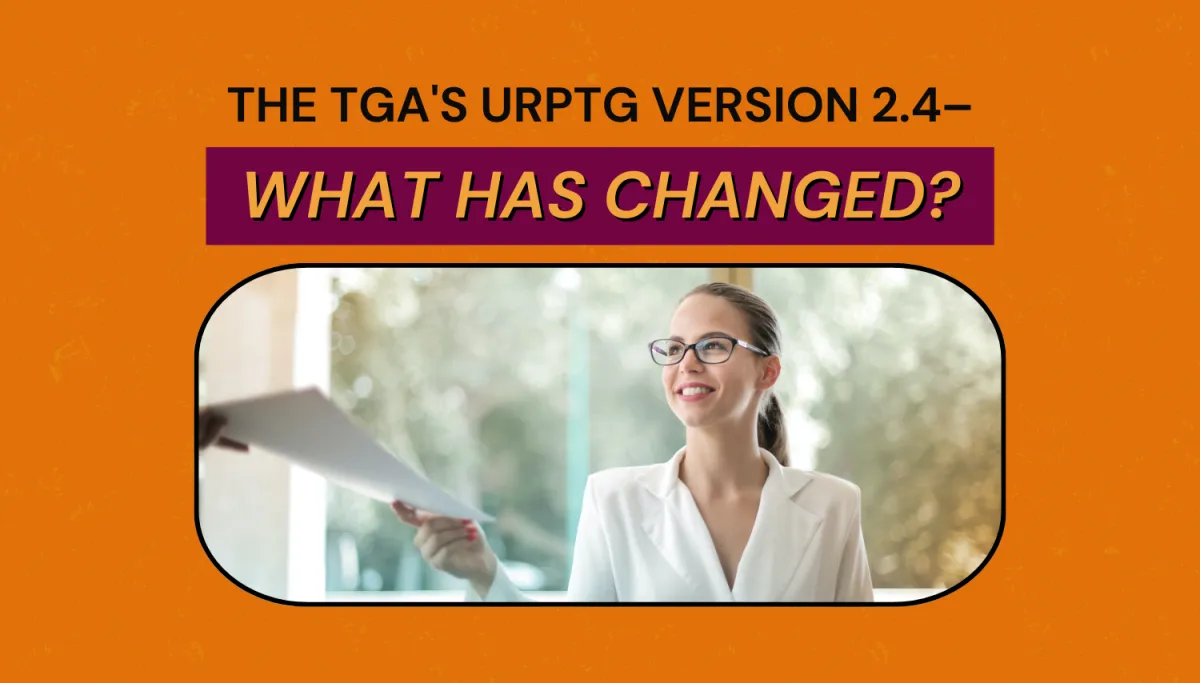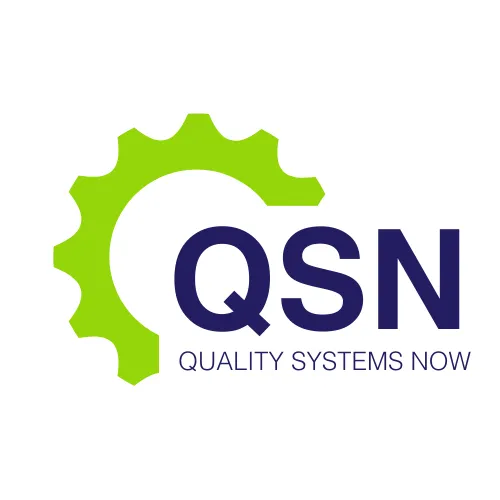LATEST NEWS

The URPTG Version 2.4 What has changed?
The rewrite of the URPTG in version 2.4 introduces a streamlined process with a clearer process flow, reducing complexity.
Immediate Recalls
The section on Immediate Recall is now taken out of the process steps as a separate preliminary action. No longer Step 1, all remaining steps have been renumbered so adjust your references accordingly!
The immediate recall flow chart has been removed, and the process for bloods and blood components has been aligned with that for biologicals and radiopharmaceuticals i.e., the sponsor is now required to first inform customers then the TGA about problems rather than obtaining a TGA recalls reference number before contacting customers.
Immediate and significant safety risks, now includes (new potential disruptions to critical lifesaving medicines, medical devices, or clinical services.
Single Donor Notifications from the Blood Service
Previously the URPTG referred to blood recalls triggered by Single Donor Notifications (e.g., report of a post-donation illness) as being outside the scope of the URPTG, but that the Blood Service had to provide the TGA with a monthly compiled list.
This latest version has removed references to this other recall process for blood and blood components and the requirement for monthly Single Donor Notifications from the Blood Service.
The ‘Early Advice’ Process
The new ‘Early Advice’ step allows the TGA to send an Early Advice Notice to stakeholders prior to the TGA agreeing to the recall action with the sponsor for recalls that could disrupt supply or seriously impact patient care. This is in consultation with the sponsor and provides stakeholders with a chance for impact mitigation and feedback
Recipients are advised the information is subject to change and to handle it with confidentiality until final agreement.
Timing for Release of Recall Information by the TGA
Further to the early advice process the updated URPTG specifies that the TGA will send Recall, Safety Alert and Quarantine Notices on the 2nd business day post-agreement, or sooner on a case-by-case basis for urgent risks.
Recall Reporting Requirements
The initial report is now eliminated, with only an Interim (6 weeks) and Closeout report (3 months) required, and timeframes are flexible but subject to TGA’s discretion. The reports templates now outline response and stock management requirements.
Determining Recall Class and Level
Class III recalls now include situations where the probability of minor adverse consequences is remote. Class III actions are typically concerned with matters other than product safety. Class III medicine recalls examples are now aligned with this definition.
A new guide for classifying recalls according to risk using hazard likelihood and severity definition charts helps classify recalls accurately.
Customer Response Forms
Customer response forms (formerly customer acknowledgement forms) have progressed; besides traditional methods, online surveys and QR codes are valid. Verbal confirmations during calls or site visits with customers count as responses, but records must be kept for TGA reporting.
Recall Action Templates
The URPTG now links to templates on the TGA website for recall documentation, streamlining the guide. Templates cover sponsor recall letters, customer response forms, stock distribution lists, consumer recall notices, and reporting templates.
Instructions are included within templates, ensuring accurate document preparation. Envelope template references are now obsolete and have been removed.
Removal of outdated guidance
Outdated sections removed from the guidance include envelope templates for customer letters, and envelope mailing label instructions. Submitting email notifications to the TGA rather than using the TGA Business Services portal is no longer allowed.
Recalls and the Roles of the TGA and ACCC
The TGA and ACCC have clarified their roles in recalls of therapeutic goods that are also consumer goods (i.e., goods that are used for personal, domestic or household use) in a memorandum of understanding as follows:
· The TGA is the lead regulator for recalls of therapeutic only goods, with sponsors notifying only the TGA.
· The ACCC is the lead regulator for therapeutic consumer goods failing only ACL standards/ban, with sponsors notifying only the ACCC.
· The TGA is the lead regulator for recalls of therapeutic consumer goods where the defect is not related to ACL standards/ban, with sponsors notifying the TGA first, then the ACCC within 2 days of taking action (typically upon receiving the agreement letter from the TGA).
Recall notifications submitted to the incorrect regulator will be redirected between the TGA and ACCC.
Other Minor Amendments
The URPTG has been updated with minor changes in addition to rewording the text to improve flow and understanding:
· Added manufacturer name and address to required information and distribution status data.
· Replaced the terms “Recall” with “Action” and “Issue” with “Problem” for clarity.
· Removed guidance on what triggers the identifying of a potential recall.
· UDI (where applicable) to be included in medical device recall letters.
· Medicine manufacturers need only document investigations for manufacturing process problems.
· Consideration of medical device supply impact in addition to medicine shortages in defect alerts and determining recall levels.
